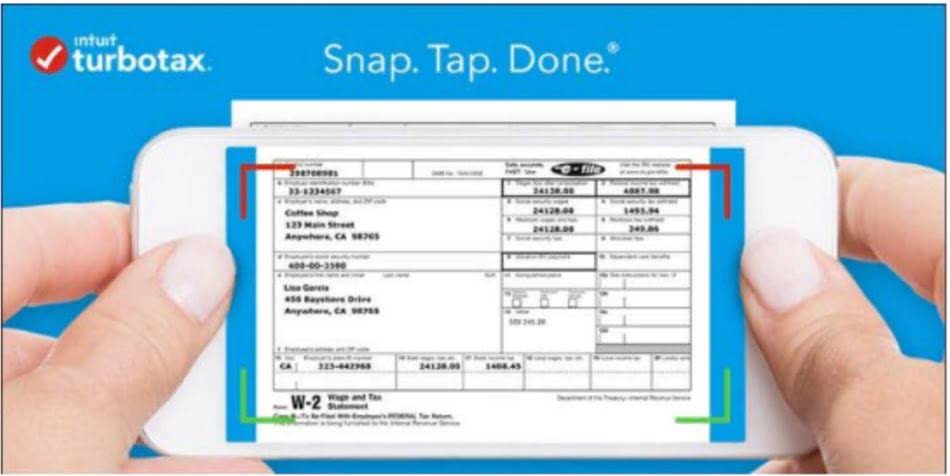What Is ERP? Enterprise Resource Planning Overview

These breakdowns created manual processes, which further compromised time and resources. Cloud ERP systems are hosted on remote servers and accessed through the internet. Cloud ERPs like SaaS products offer better scalability, allowing businesses to easily adjust resources and features as needed without significant definition erp upfront investment in hardware. Cloud ERP systems typically have a subscription-based pricing model, and updates/maintenance are managed by the ERP provider (not the company itself). Enterprise resource planning (ERP) is a platform companies use to manage and integrate the essential parts of their businesses.
What is SAP? Definition and Meaning – SAP
What is SAP? Definition and Meaning.
Posted: Thu, 22 Jun 2023 14:28:18 GMT [source]
The ERP software is built for industry-specific requirements and can be molded to fit almost any company’s needs. Enterprise resource planning (ERP) is a business management software system that is designed to manage and streamline an organization’s functions, processes and workflows with automation and integration. Their antiquated inventory tracking system did not account for changing costs, and the accounting software could not record the metrics needed for key financial statements.
What Is Enterprise Resource Planning?
As your organization grows, your ERP system will need to be able to accommodate increased user counts, transaction volumes, and data storage requirements. By selecting a scalable ERP solution, you can ensure that your system will continue to meet your organization’s needs as it evolves and expands. As these technologies continue to evolve and mature, they will further enhance the capabilities of ERP systems, helping businesses become even more agile, efficient, and responsive to changing market conditions. ERP software helps organizations gain a holistic view of their operations and identify potential opportunities for growth and improvement. The arrival of cloud ERP in the late 1990s was the next fundamental shift in how ERP was delivered and consumed. Cloud computing’s internet connectivity made it easier for companies to connect their ERP systems to customers, suppliers and partners.

Human Resources modules can help organizations attract, develop, and retain the best talent to drive business success by providing comprehensive tools for managing the entire talent lifecycle. Human Resources and Talent Management modules in ERP systems are designed to help organizations manage and develop their workforce. These modules typically include functionality for recruiting, hiring, training, and managing employees and tools for developing and managing talent within the organization.
Enterprise resource planning—Overview
By carefully weighing the costs and benefits of different ERP vendors, organizations can select the one that will provide the best value for their organization over the long term. Support services are a critical factor to consider when selecting an ERP vendor. ERP vendors typically offer various support services, such as training, technical support, and consulting services.
- One of the first ways digital marketing and ERPs can enhance one another is by improving the user experience on your website and elsewhere.
- Because ERP modules can share data more easily than disparate systems, they can make cross-departmental business processes easier to manage.
- These provide complimentary systems that deliver immediate business capabilities and value without a fundamental change in your operations.
- It collects information about the activity and state of different divisions, making this information available to other parts, where it can be used productively.
